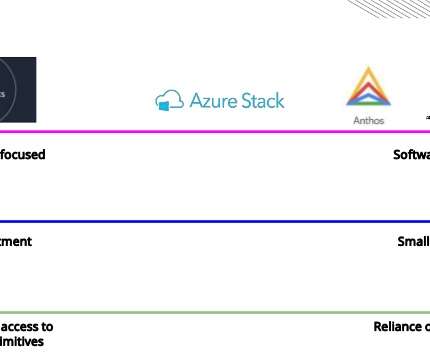Securing a Web Application with AWS Application Load Balancer
Stackery
JUNE 19, 2019
Editor’s note: while we love serverless at Stackery, there are still some tasks that will require the use of a virtual machine. AWS Lambdas don’t let you do that. If you’re still using an Elastic Compute Cloud (EC2) Virtual Machine, enjoy this very useful tutorial on load balancing. Obtain a Certificate.















Let's personalize your content